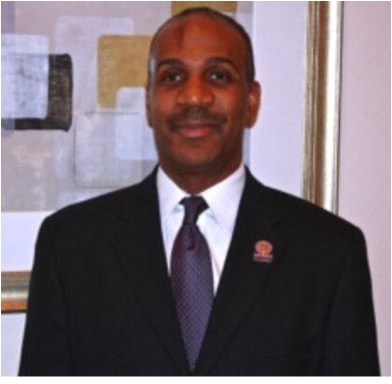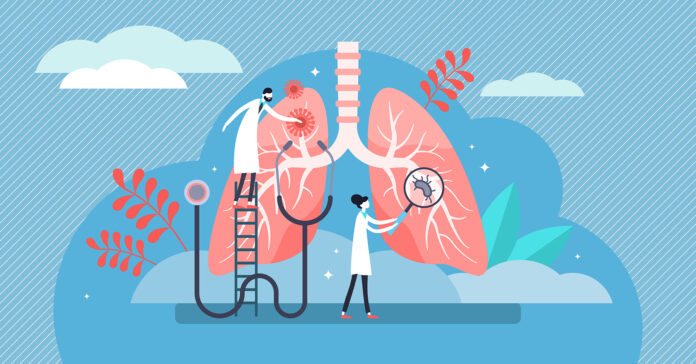 Kevin Pruitt, MD, PhD is a medical scientist who completed his PhD in Biomedical Sciences at the Einstein Institute of Medicine and his medical degree at the University of Science and Technology School of Medicine in Arvada, Colorado.
Kevin Pruitt, MD, PhD is a medical scientist who completed his PhD in Biomedical Sciences at the Einstein Institute of Medicine and his medical degree at the University of Science and Technology School of Medicine in Arvada, Colorado.
Dr. Pruitt has published over 50 peer-reviewed articles in various medical journals. His research interests include minority health affairs, sickle cell anemia, and HIV in minority populations.
He holds a certification in Good Clinical Practice and Trials from the Clinical Trials Network (CTN) and the National Institute on Drug Abuse (NIDA). He also serves as an Institutional Biosafety Committee member for Advarra Corporation. Dr. Pruitt is currently the chief medical research director for PBJ Medical Associates and the 7th District Medical Health and Initiative chairman for Omega Psi Phi Fraternity, Inc.
Dr. Pruitt, an esteemed physician and medical scientist, provided us with an expert overview of lung cancer, covering everything you need to know, including an overview of the different types of lung cancer, lung cancer risk factors, diagnosis and screening, and how lung cancer affects the black community.
Black Health Matters: Let’s start with a basic but very important question, what do we need to know about lung cancer?
Dr. Pruitt: Lung cancer makes up about 13% of all cancers but accounts for 90% of the cases of fatality. The peak incidence is between 75 to 79 years of age, and men are at a slightly higher risk than women.
There are basically 3 major types of lung cancer: The majority of people with lung cancer have non-small cell lung cancer, so that’s what we will focus on.
Black Health Matters: Are there any major risk factors or causes of lung cancer?
Dr. Pruitt: Cigarette smoking is a major risk factor and causes an overwhelming percentage of cases. Other risk factors include radon gas, radiotherapy, family history and chemical exposure.
Secondhand smoke exposure is an additional risk factor that shouldn’t be overlooked. Various studies have shown that exposure to secondhand smoke increases your chance of lung cancer upward to 20 to 30%.
Black Health Matters: As you mentioned, smoking and smoke exposure are major risk factors, is cigarette smoke the only thing that should be avoided?
Dr. Pruitt: A lot of people come in and say, well, I don’t smoke cigarettes I smoke cigars, or use e-cigarette or vaping devices. It is important to highlight that cigar smoke, like cigarette smoke, contains the same toxins and cancer-causing chemicals that are harmful to both smokers and non-smokers. Secondhand cigar smoke is possibly more toxic than cigarette smoke, because cigar smoke has a higher level of cancer-causing substances.
So to answer your question, cigarette smoke is not the only thing that should be avoided because cigars and e-cigarettes can cause cancer as well. Marijuana, when smoked or inhaled, may also pose a potential risk.
Black Health Matters: What can someone undergoing lung cancer screening expect during the appointment?
Dr. Pruitt: If someone comes into the clinic for screening, one of the things that we would do is a basic medical history and perform a physical exam. If lung cancer is suspected, additional testing and imaging may be requested such as X-rays or CT scans. The provider may look for signs of a tumor, scarring, or fluid buildup. They might also request a sputum test to test for cancer cells or other more invasive tests such as a biopsy which involves taking cells from the lung and examining them under a microscope or a bronchoscope where a tube and built-in camera are inserted through the nose and into the lungs to determine if any cancer cells are present.
Black Health Matters: Can anyone request testing for lung cancer?
Dr. Pruitt: It is recommended that lung cancer screening be done for high-risk individuals starting at age 50 through 80, and for individuals with an extensive smoking history, those who are currently smoking, or who have quit in the last 15 years.
Black Health Matters: How does lung cancer affect the Black community?
Dr. Pruitt: Black men are about 12% more likely to develop lung cancer than white men. That rate is about 16% lower in Black women than white women, but the gap is closing.
According to the American Lung Association, Black individuals with lung cancer were about 15% less likely to be diagnosed early. Notice I said early, meaning that we can catch it in the more treatable stage which helps longevity and survival rates. We are 19% less likely to receive surgical treatment, 11% more likely to not receive any treatment, and 16% less likely to survive 5 years compared to white individuals.
Additionally, the eligibility criteria set for lung cancer screening previously was not ideal, especially for the Black population with an increased risk of lung cancer. Now we have adjusted that with the goal of catching more cases earlier and increasing survival.
Black Health Matters: What advice do you have for those who have been diagnosed or undergoing treatment for lung cancer?
Dr. Pruitt: Clinical trials provide access to treatments that have yet to enter the market. So sometimes entering into a clinical trial may be beneficial to get early treatment that may not have been released yet.
Interested in learning more about non-small cell lung cancer clinical trials? Visit here to learn more.






